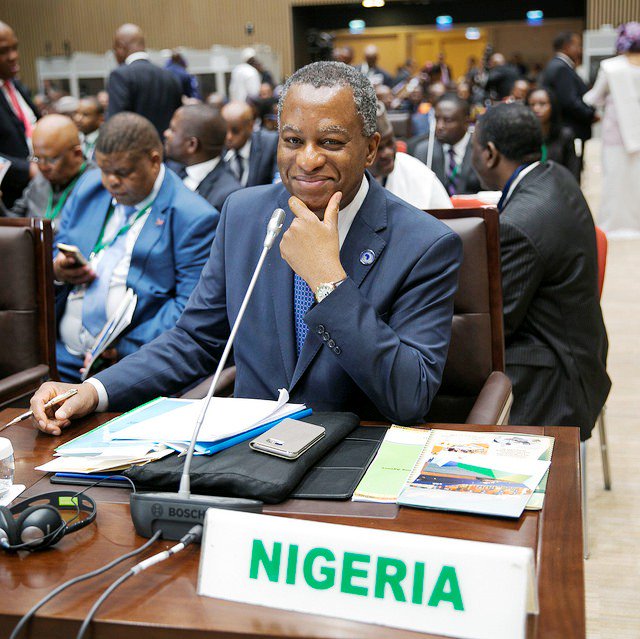It had been the week when the Nigerian Institute of International Affairs, (NIIA) woke up the nation, asking it to look at herself in the realm of foreign policy. In an inter-penetrating world, the importance of looking back so as to be able to go forward cannot be over-emphasised for a bewitched country such as Nigeria. It is not surprising that some people are saying that Nigeria might, at last, be falling back on a hitherto neglected national realm – state owned think tanks – to draw its attention to what it means to be a state.

Can NIIA rouse Nigeria beyond self-imprisonment in internal enemy images of each other?
It is also as well that it is in foreign policy that this is happening. In his highly regarded 1985 essay, “Neocolonialism, Capitalism and the State in Nigeria”, Prof Bjorn Beckman, the late Swedish political economist contended that “We need only record the way Nigeria nationalized BP to put effective pressure on Britain in the Zimbabwean independence negotiations. Nationalism is a powerful political force in Nigeria”, (page 99). Beckman’s statement reminds all of one of the Nigerian foreign policy moments to look back in critical celebration, with particular reference to going forward. So, how did the ensemble of voices called up to look back in relation to going forward see it.
It is only permissible to abstract what were constantly harped on or regularly mentioned and, even then, without attributing them to particular speakers because they are only random snippets of suggestively consensual points yet. We list a few of them below, especially from Day 2 of the conversation:
- The theory and practice of ‘concentric circles’
- ‘Our’ relationship with France
- Porous borders, unofficial routes into Nigeria numbering over a thousand
- The insignificance of intra-African trade at the formal level as against the high degree of it at the informal level
- The reality of Small and Light Weapons in the current generalised insecurity in Nigeria
- The volatility of the Sahel
- The imperative of taking multilateralism beyond signing agreements
- Nigeria progressively risking becoming an unproductive hegemon
- Taking border control beyond erratic border governance measures
- Absorbing the shocks that come once a while as a national weakness of Nigeria
- Nigeria confronts the imperative of extricating herself from the pessimistic and optimistic views about unfolding global energy direction – oil is giving way/oil will remain dominant for some time – respectively
- Does Nigeria have a China policy? If yes, what’s that policy?
- Where are the indigenous innovations that should be inserted into strengthening Nigeria’s approach to multilateralism, given that foreign powers do not understand Nigeria enough as for Nigeria to rely on their paradigms and practices thereto?
There is nothing comprehensive at all in this listing. But, if this much sets the reader thinking, then the point might have been made about the significance of the paradigm of ‘looking back, going forward’ unfolding at NIIA.




























